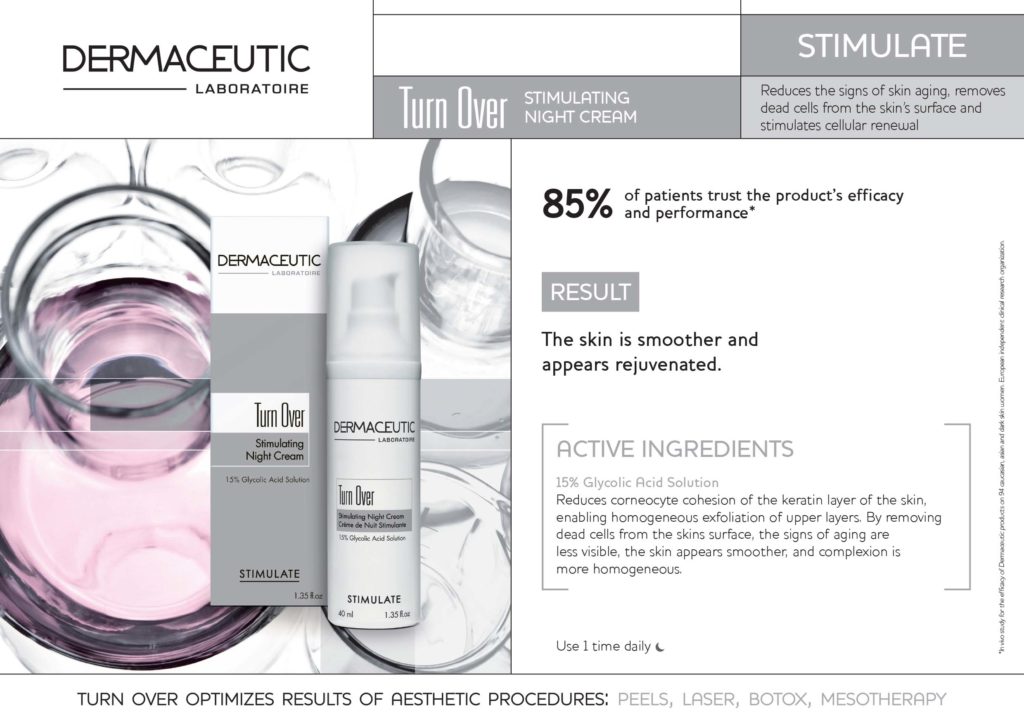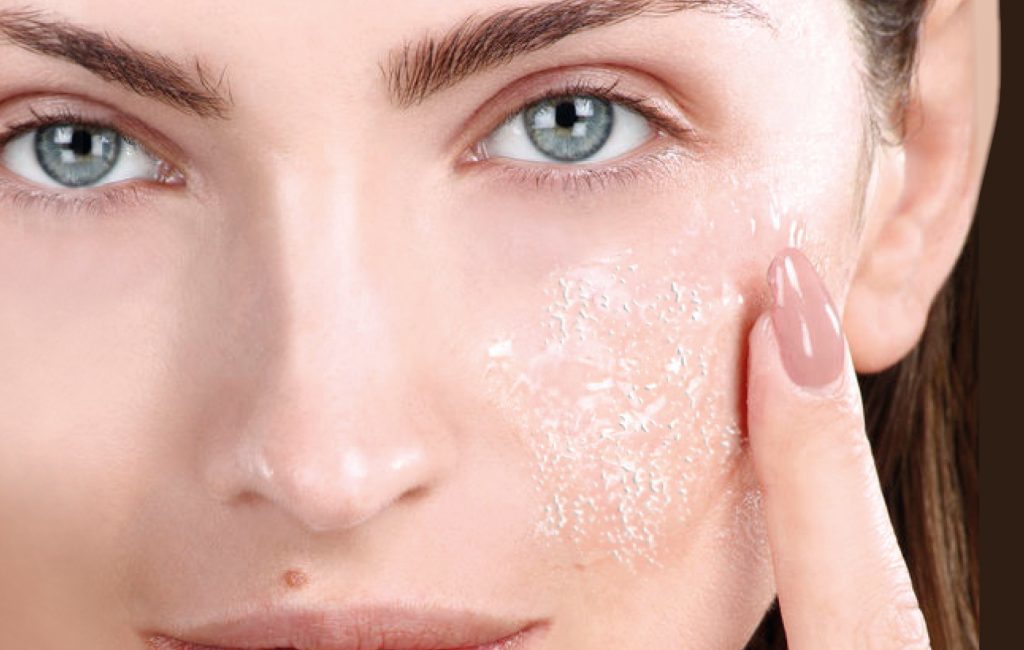Exfoliation is one of the most important steps in your skin care routine. Dr Justin Boey, Medical Director of Sozo Aesthetic Clinic, explains why exfoliation is important.
Contents
What is exfoliation?
Exfoliation is the removal of dead skin cells.
How does Exfoliation Work?
Exfoliation breaks up keratinized protein in the upper layers of your skin. This eliminates damaged and dead skin cells on the surface of your skin.
The removal of rough, dry, and hard cells, stimulates new cell growth and allows younger cells to surface. Fresh active cells allow the skin to breath, hydrate better, and serve as a more effective protective barrier.
Keratinization is the process by which cells move through the dermal matrix to be shed on the surface in desquamation. Fresh new cells are formed in the lowest basal layer the Stratum Germinativum; during their life cycle they migrate into the upper epidermis, the Stratum Corneum. Upon reaching the outer layers of the Stratum Corneum, the Stratum Disjunction, shedding is necessary as these cells require replacement.
Why is Exfoliation Required?
Keratinization and subsequent desquamation slows with age as skin structure density increases. Hormones, Chemical Pollutants, UV exposure, and poor diet also influence the process making it less efficient. The process of aging combined with environmental factors results in a diminished capacity for cellular turnover. It extends from a cycle of two weeks to between 45 to 90 days per cycle.
This decelerated renewal period manifests as looser, dull skin, fine lines, and wrinkles. Exfoliation accelerates cellular turnover to improve the skin’s appearance and is vital to achieving smooth, bright, toned skin.
Key Benefits of Exfoliation
- Encourages the production of new cells
- Purifies oily skin & reduces excess sebum
- Reduces and eliminates the appearance of hyperpigmentation and scarring
- Allows for deeper penetration of skin nourishment products for maximum absorption
- Reverse the signs of skin aging
What are the types of Exfoliation?
Mechanical Exfoliation relies on abrasion agents to remove cells through physical manipulation. Particle size is of importance as micro-tears and dermal damage can result from large or sharp exfoliating agents. It is not as gentle or effective as other types of exfoliation and is generally not suitable for sensitive skin.
Chemical Exfoliation utilizes topical ingredients as exfoliants such as Alpha Hydroxy Acids (AHAs), Beta Hydroxy Acids (BHAs), Trichloroacetic Acid (TCA), enzymes and vitamins. These compounds loosen and dissolve elements that bind old skin cells together so that they are cleared away gently in a mild and efficacious manner. Chemical exfoliation is ideal for delicate facial skin.
Professional Exfoliation such as Microdermabrasion, HydraFacial, Dermaplaning, and Chemical Peels may combine both Mechanical and Chemical exfoliation to reach deep within dermal layers. As intensely penetrating exfoliators they require a professional Skin Therapist or Medical Doctor – expert skill and knowledge is essential for the safe application of potent chemical exfoliators.
How is Chemical Exfoliation utilized by Dermaceutic Laboratoire?

Dermaceutic Laboratoire’s Homecare Products are expertly formulated and thoroughly tested to ensure that optimum skin health is achieved safely.
Dermaceutic Turn Over incorporates Chemical Exfoliators.
Precise levels of active ingredients are blended with stabilized restorative and hydrating substances to deliver and enhance the benefits of exfoliation.





